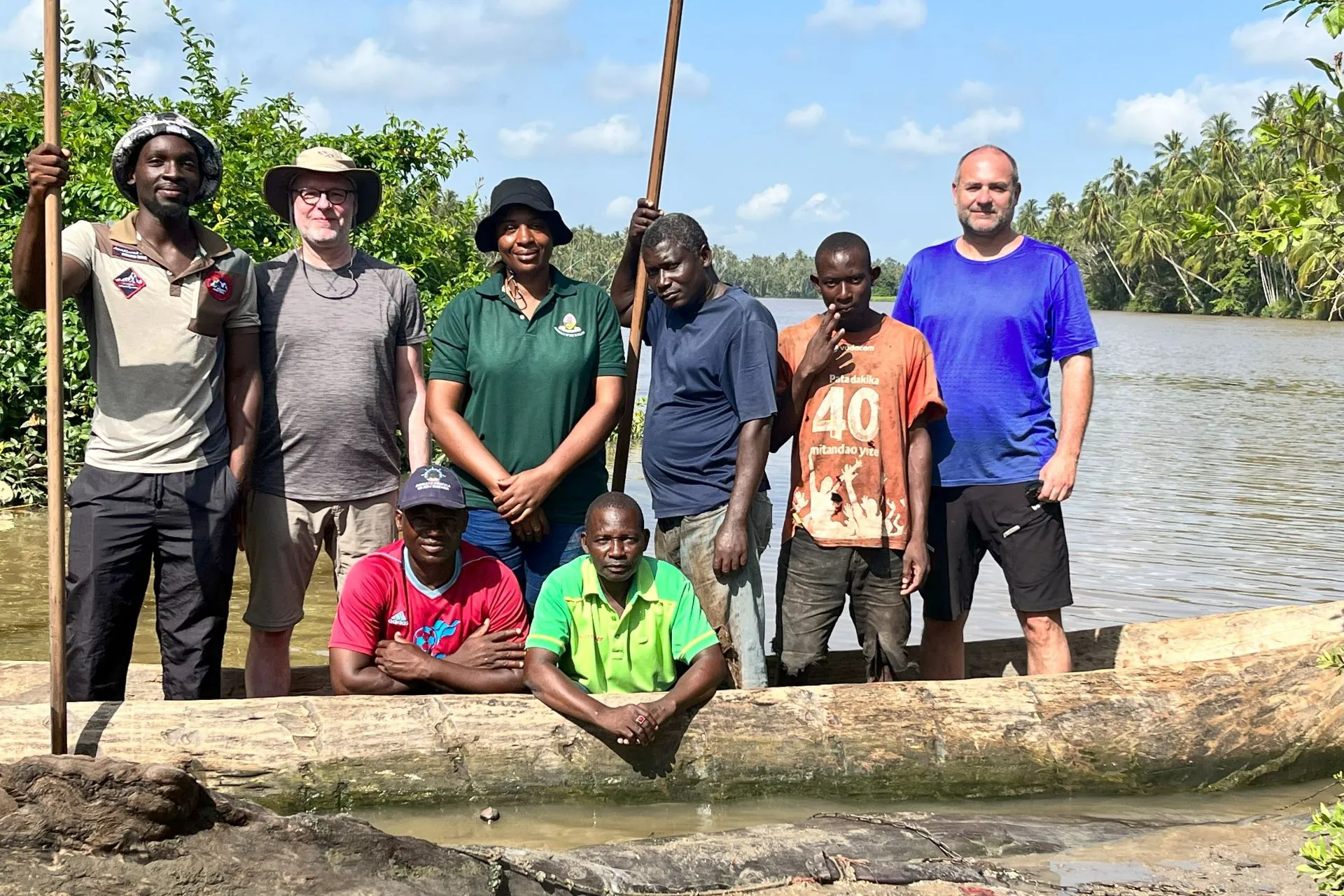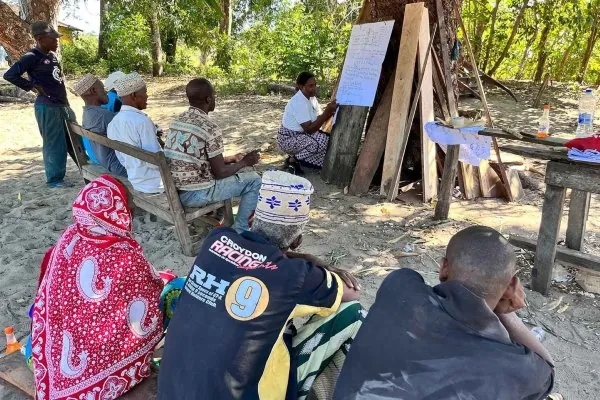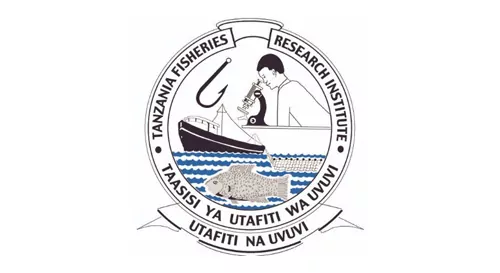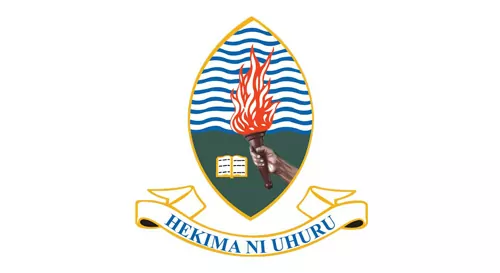A noticeable lack of knowledge regarding the identification, distribution and other ecological information concerning eels has been observed in East Africa, particularly in Tanzania and neighbouring countries. In Tanzania, eel species have never been the focus of fisheries science, resulting in a general lack of information regarding their biological dynamics and ecological needs. The management of eels in Tanzania is primarily challenged by a lack of information on capture, catch composition and species diversity. Furthermore, fisheries management is increasingly seen to be as much about managing people as it is about managing fish stocks. BIOEELS-TZ followed an interdisciplinary approach to bridge knowledge gaps through a better understanding of the impacts of fisheries and other economic activities on migratory eels. The project was a milestone for awareness raising about unknown natural resources in Tanzania. In addition to gathering scientific information, various stakeholder groups were involved in the project, and public outreach activities targeted different societal groups, such as local fishing communities and schools.
BIOEELS-TZ Assessing the biodiversity of eels
2nd Call
Project Duration: August 2020 – January 2023
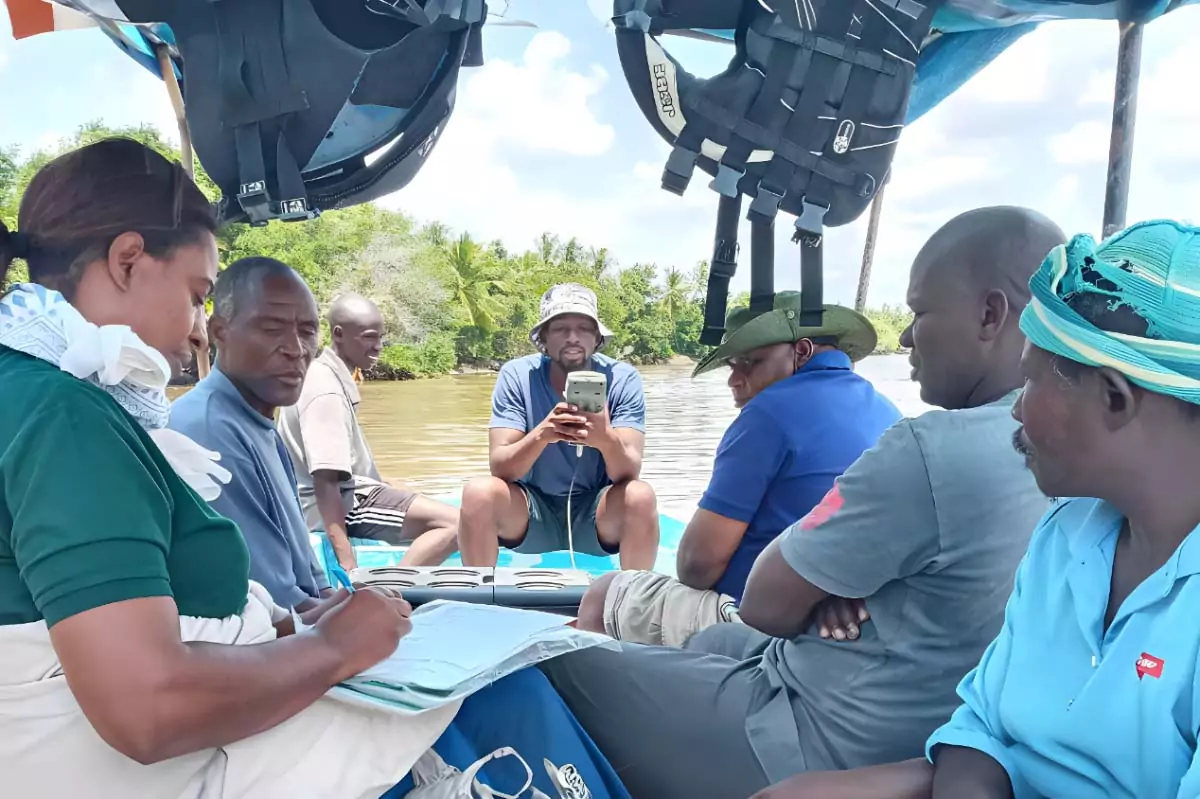
Project Summary
Related Themes
Key Impacts
CAPACITY
DEVELOPMENT
The project supported capacity building by training junior researchers, master students, and fishers on various sampling procedures and technologies regarding eel biodiversity assessments.
SCIENCE-POLICY
TRANSFER
The project organised a final workshop to present and discuss the project results with policy makers, authorities, scientists, and other stakeholders, and developed a policy brief to capture management recommendations.
DIGITAL
INNOVATIONS
The project used satellite tracking and genetic barcoding to assess the movement patterns and marine biodiversity of eels in Tanzania.

